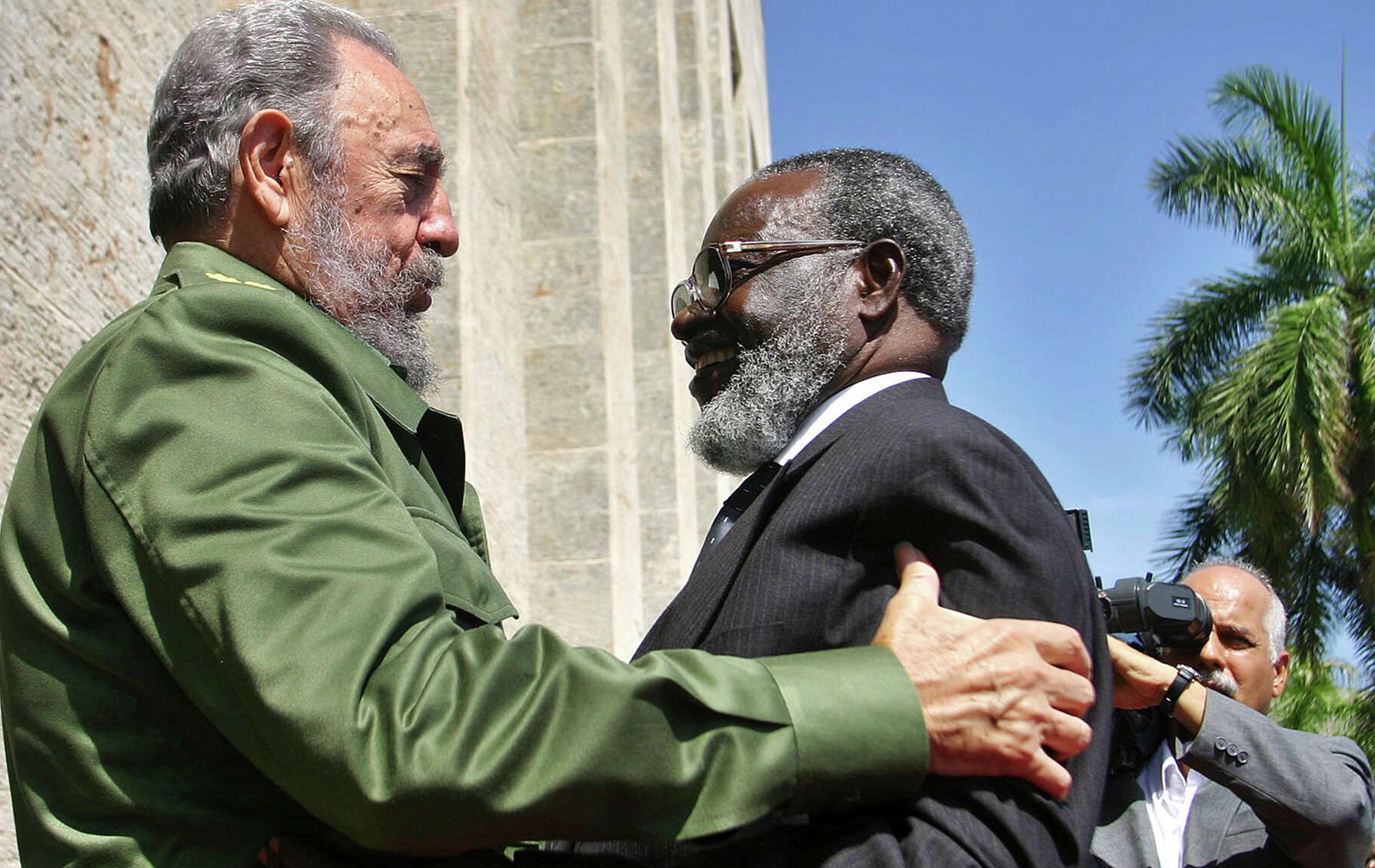By Saleh Bature
One major problem of our leaders is their inability to take difficult decision at the right time, balance the diverse needs of the people, and accept criticism and pressure from the opposition.
Election in Nigeria is always almost mired in violence. For instance, Armed Conflict Location & Event Data (ACLED) reported that Partisan violence escalated along ethnic and sectarian lines claimed an estimated death of 800 lives in 2011 general election. No election in Nigeria was violent free.
The 2023 national elections, long anticipated as a pivotal moment for Nigeria, have concluded. Across the nation, victorious candidates revel in the thrill of triumph, while their defeated counterparts retreat to grapple with the sting of loss. Yet as the dust settles, one truth remains clear: electoral victory is not a destination, but the beginning of a solemn journey.
Leadership is not a trophy to wield, but a burden to bear. Those who have secured positions of power must now confront the gravity of their roles. In a nation grappling with economic instability, soaring public expectations, and the Herculean task of delivering campaign promises, the desperation with which some politicians claw for power—through violence, deceit, or manipulation—is not only unethical but self-defeating. What value lies in a victory stained by blood or fraud? Such tactics betray the very purpose of leadership which aims to serve, not to conquer.
Equally troubling are the chaotic scenes of celebration among supporters. Reports of lives lost, properties destroyed, and communities torn apart in the wake of electoral “victory” expose a tragic irony: those who claim to champion the people too often incite them to self-destruction. Followers must ask themselves: Why sacrifice your dignity, safety, and future for leaders who may discard you once power is secured? The true test of leadership begins not with celebration, but with accountability.
In Islam, leadership is an Amana—a sacred trust. It demands integrity, compassion, and a commitment to guiding society toward justice in this life and the hereafter. Similarly, modern leadership frameworks, such as Kouzes and Posner’s Five Practices of Exemplary Leadership—Modeling the Way, Inspiring a Vision, Challenging the Process, Empowering Others, and Encouraging Hearts—emphasize service over dominance. Whether rooted in faith or secular principles, true leadership requires humility and an unwavering focus on collective progress. It is high time our politicians- both the winners and losers to spend a moment in quiet reflection over their actions.
To the winners, your victory demands introspection, not applause. The electorate’s mandate is not a blank check for self-interest but a summons to action. You are stewards, not rulers; servants, not masters. The citizens who voted for you—and those who did not—will judge your every move. Missteps will not be met with indifference. Leadership in a democracy thrives on transparency, and your legacy will hinge on your ability to uplift, not exploit.
The public should hold power to account, but temper criticism with wisdom. Democracy grants us the tools to make positive change that will improve the living condition of the citizenry: civic engagement, peaceful advocacy, and ultimately, the ballot box. If leaders falter, our duty is not to resort to chaos but to channel our energy into constructive dissent. The 2027 elections will arrive, but until then, vigilance—not complacency—must guide our stance.
Leadership, at its core, is a covenant between the led and the leaders. When leaders honor their mandate with integrity, society thrives. When they fail, the consequences ripple through generations. Let us pray for the success of those in power, for their failure is ours to endure. Yet let us also remember that in a democracy, the people are the ultimate arbiters of destiny. So those who wish to contest for election at the federal, state, and local government levels in 2027 must get the support of voters to actualize their dreams.
The words of Professor Kevin De Young suffices at this juncture: “let us pray earnestly that those in positions of power would grow in virtue, that those bereft of these virtues would be kept far from power, and that God would, in the days ahead, bless us with honorable rulers who are better than we deserve.”
Saleh Bature wrote in this piece from Limpopo street, Maitama Abuja. The author is reachable at baturesuba@yahoo.co.uk




























